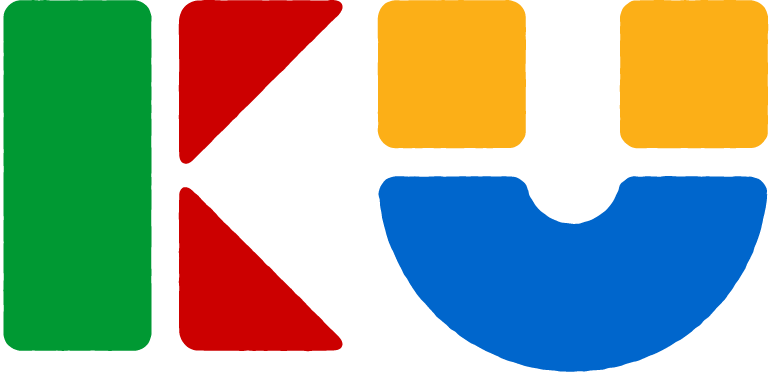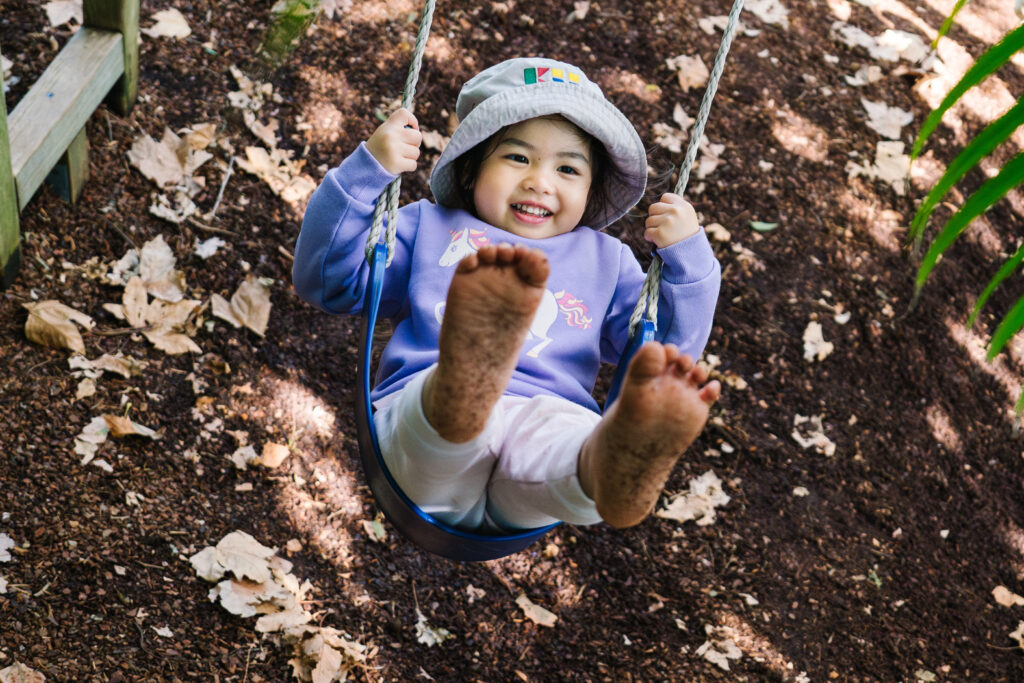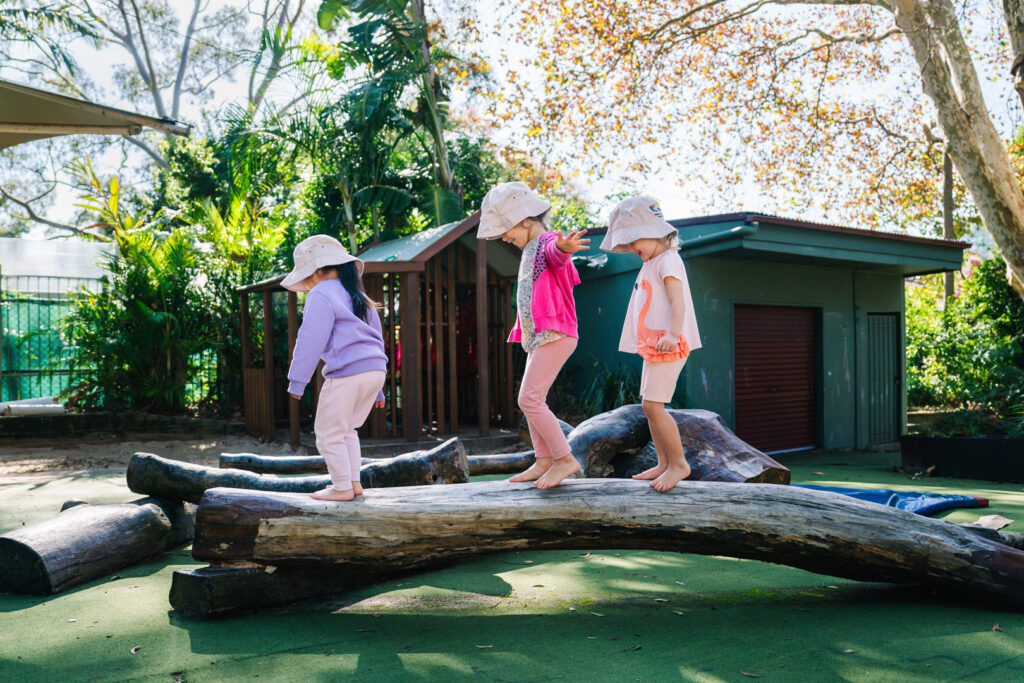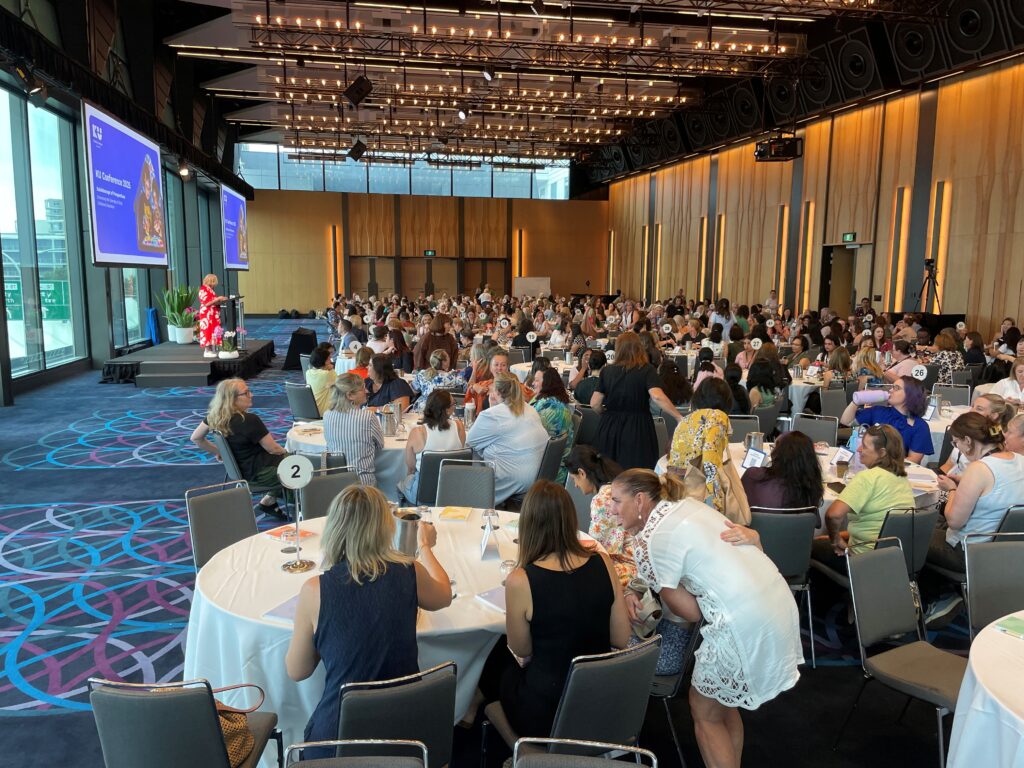
Reflections on Re-Imagining Our Work
In March 2024, KU invited internationally renowned thinker and writer Ann Pelo to give the Keynote address at the KU Annual Conference.
By Fran Bastion, KU Learning and Development
Ann’s message was a call to action for educators to demand a more generous and far-reaching vision of education. A vision that re-imagines early education beyond school readiness toward intellectual rigor and curiosity, relational and emotional capacity, and an intention to be as human as we can be.
Ann invited delegates to consider the newly revised Early Years Learning Framework V2.0., using the language of being, belonging, and becoming, as experiences that are “integral to human existence.”
- Being and knowing ourselves, developing our identities, enjoying the right to be in the here and now
- Belonging – knowing where and with whom you belong and
- Becoming that recognizes that we — each of us and all of us — are changing and evolving all the time in our lives.
Ann suggested that this offers a bold statement about the purpose of our work – to be, and to support children, to be as human as they can be. To rethink a preoccupation on academic skills toward a commitment to cultivate curiosity, support uncertainty and to turn always toward relationship. How then do we embody this?
Ann offered four key principles to anchor our work:
- Move at the speed of relationships
- Tune ourselves to children
- Catch stories worth telling
- Share stories with the community
Move at the speed of relationships
Slow down. Choose to opt out of the race against time and consider each moment, a child’s gift to us – it happens only once, let that be enough. Move at the speed children and families want to move at. Be present, patient, and generous in our listening, cultivating and sustaining wellbeing – the child’s and our own.
Tune ourselves to children
Join our attention to the children’s attention. Listening to know each child. Attentive responsiveness amplifies opportunities for children to be seen, heard, and valued as active and engaged co-learners. Staying attuned to children is a way to honour their being-ness.
Catch stories worth telling
Being in companionship with children is an invitation to catch stories that matter. Moments that give us pause, that make us laugh, that puzzles and intrigues us, that communicates children’s ways of seeking and making meaning of the world.
Share stories worth telling
When we approach these stories with reverence, we share them with the community to expand its humanity. This calls us to a higher purpose for our pedagogical documentation and helps others to be intrigued by the writer’s perceptions, to embrace a sense of wonder and to see childhood anew.
An offering from Songwriter Tom Hunter was offered as a provocation for our thinking:
This world is changing so fast we can’t see what’s coming before it arrives.
To think passing tests will get our kids ready is a gamble we play with their lives.
How can we prepare our children for a world we cannot yet see?
I say we work hard so they can become as human as they can be.
This is an opportunity, Ann said, to be inspired to take action for the common good, to make new choices about how we use the hours of our days with children. Let’s use these precious moments in ways that make children’s lives richer and in ways that make us truly proud. In ways that make us be as human as we can be, together.
Consider continuing the discussion by attending our workshop:
Documentation: Find the Story Worth Telling
This NESA Accredited workshop is an opportunity for an in-depth exploration of documentation and addresses questions such as:
- What expectations do we have about documentation including those of the NQS?
- How does documentation fit into the NQS Exceeding themes?
- What are our challenges and possibilities?
- What should we be documenting?
- What about digital documentation?



